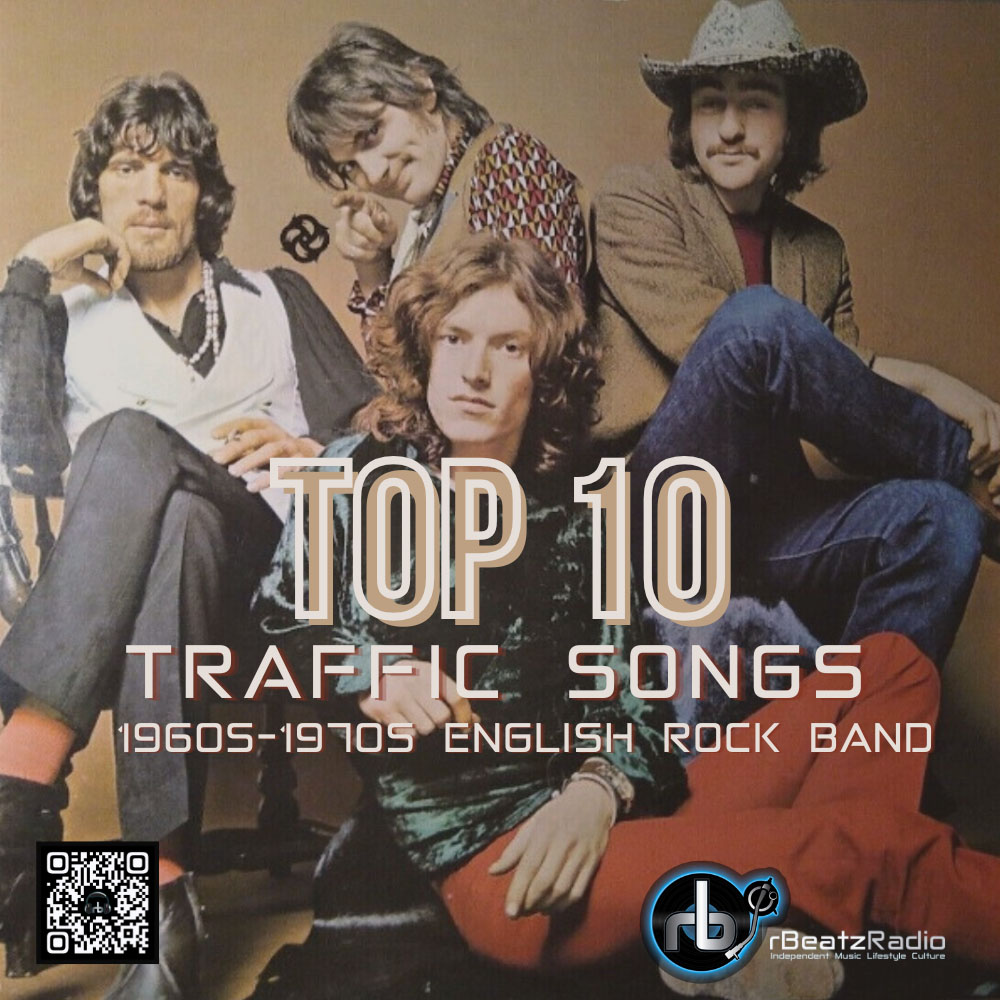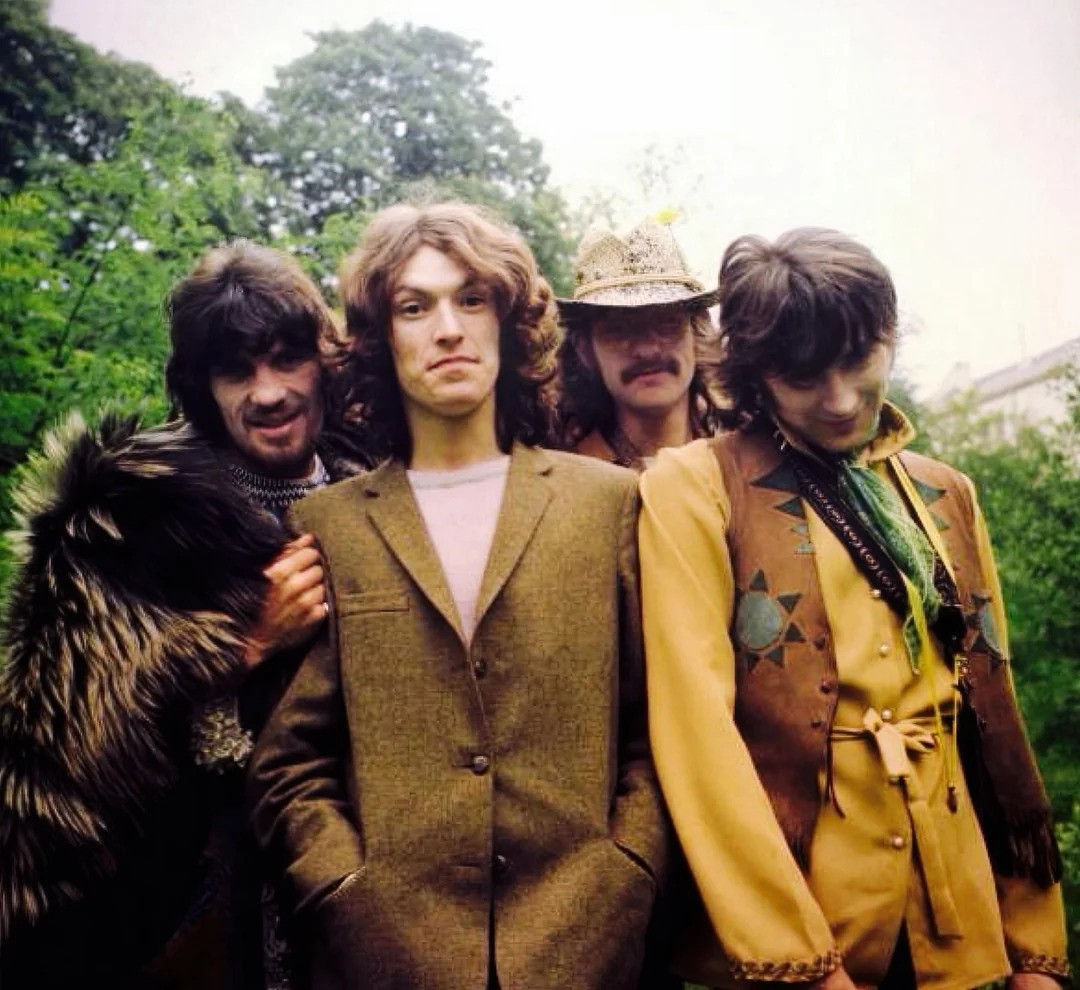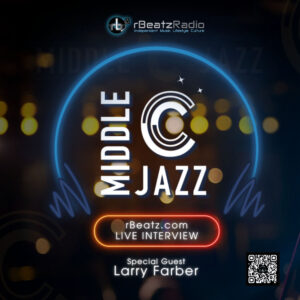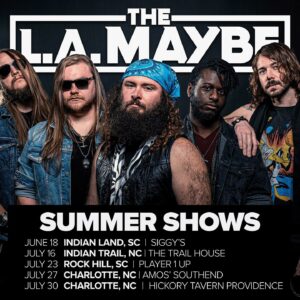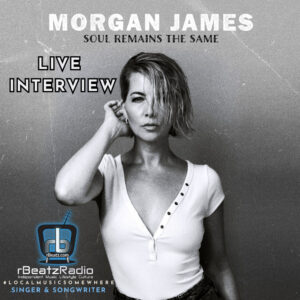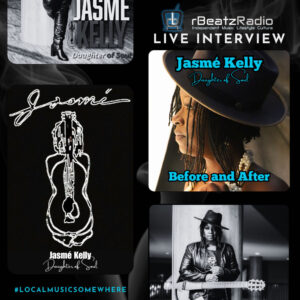Table of Contents
Traffic was an iconic British rock band with an influential psychedelic sound. Formed in Birmingham in the late 1960s, they recorded eight studio albums and dozens of hit singles before calling it quits in the early noughties. The band shifted their lineup multiple times over the years, with singer-songwriter Steve Winwood the only consistent member. While Traffic’s best songs were released way back in the late ’60s and early ’70s, their musical legacy is hugely influential to this day.
In this article, we’ll learn more about Traffic by reviewing 10 of their best songs. From the hugely popular “Feelin’ Alright?” to the explorative sounds of “Dear Mr. Fantasy” and “The Low Spark of High Heeled Boys,” Traffic released some of the most iconic sounds of the hippie era.
The Legendary Rock Band Behind the Hits
Before we dive deep into Traffic’s back catalogue, we need to talk about the musicians behind this great band. There were multiple people involved with Traffic throughout the years, although some names were more important than others. Along with Steve Winwood — singer, guitarist, keyboardist, and chief songwriter in the band — Jim Capaldi also played a major role.
Along with Winwood and Capaldi, who played drums and other instruments, the other founding members of the band were Chris Wood and Dave Mason. The ’70s saw lots of members come and go, including Ric Grech, Rebop Kwaku Baah, Jim Gordon, Roger Hawkins, David Hood, Barry Beckett, and Rosko Gee. When the band reformed in the ’90s, Randall Bramblett, Michael McEvoy, and Walfredo Reyes Jr. also played a role.
Traffic is remembered for their progressive, fusion-based, psychedelic rock sound. This proto-hippie music featured a diverse range of Western and Eastern instruments, including the sitar, mellotron, harpsichord, and various reed instruments. Along with writing psychedelic jams and forbidden love songs, Traffic’s lyrics reflected themes of creativity, freedom, and counter-cultural spirit.
How We Chose the Best Traffic Songs
These 10 Traffic songs were selected for many reasons, from popularity and artistic vision to influence and critical acclaim. While choosing just 10 tracks will always feel incomplete, this list functions as a great jumping-off point to explore the band’s catalogue.
Top 10 Traffic Songs
Discover the following Traffic songs to learn more about this influential rock group:
Dear Mr. Fantasy
This early Traffic song comes from their celebrated 1967 album, Mr. Fantasy. As the de facto title track, “Dear Mr. Fantasy” is a trippy song with a slightly dark and foreboding atmosphere. Jim Capaldi wrote the lyrics to this track, and both Steve Winwood and Chris Wood composed the music. “Dear Mr. Fantasy” is an emotive number with mournful lyrics and soul intonations. Along with the original sub-6-minute single, an extended 11-minute version was included on their 1971 live album, Welcome to the Canteen.
The Low Spark of High Heeled Boys
This is the title track of the band’s fifth studio album, The Low Spark of High Heeled Boys, from 1971. It was their most successful long-player in the United States, but it failed to chart in the United Kingdom. “The Low Spark of High Heeled Boys” runs for almost 12 minutes, incorporating elements of jazz, prog, and improv. The middle section features a great elastic groove, which grinds around a fantastic rock hook.
John Barleycorn (Must Die)
Beneath its progressive, new age psychedelia, Traffic’s music always had folk undertones. The track “John Barleycorn (Must Die)” leaned heavily into these roots, breathing new life into a popular English and Scottish folk song. The song’s protagonist is John Barleycorn, a personification of barley and the beer that comes from it. Traffic’s fantastic version of this song was included on their fourth studio album of the same name. This is a standout in the Traffic music discography.
Paper Sun
“Paper Sun” is Traffic’s debut single from 1967, released on the album Mr. Fantasy. This song is full of micro-tuned sitar sounds, and it has a great groove running throughout. Lyrically, “Paper Sun” came from a newspaper headline read by Jim Capaldi at a boarding house in Newcastle. He wrote the words in his head in the middle of the night before waking up Steve Winwood and moving to the living room piano. This creative spirit highlights the magic of Traffic, a rock group like no other.
Feelin’ Alright?
“Feelin’ Alright?” was released on Traffic’s self-titled 1968 album. It also came out as a single, but it failed to chart on both the UK Singles Chart and the US Billboard Hot 100. This track features a simple two-chord structure, a fantastic soul-rock groove, and poignant lyrics reflecting on unrequited love. This song about sadness was covered by Joe Cocker in 1969, and his version became more famous than the original Traffic hit.
Empty Pages
“Empty Pages” was released in 1970 on the band’s fourth studio album, John Barleycorn Must Die. This song lays down an addictive jazz-funk groove as a musical bedrock for Winwood’s astonishing virtuosity. The talented band leader played many instruments, and this song was the perfect opportunity to show off his electric piano skills. “Empty Pages” has an infectious tempo and strong bass line. The song rolls forward energetically while Winwood sings of inspiration and romance.
Glad
This track also comes from John Barleycorn Must Die, which was praised for its creativity and outstanding musicianship. Far from being smooth jazz artists, “Glad” showcases the band’s progressive sound. This is the opening track of the album, and it’s also an instrumental. The band has lots of room to showcase their musical skills, with Winwood’s organ and piano lines mixing perfectly with Chris Wood’s emotive flute melodies and Jim Capaldi’s drumming.
Rock & Roll Stew
Traffic followed their 1970 album, John Barleycorn Must Die, with the maturing progressive rock of The Low Spark of High Heeled Boys. In an album full of great Traffic songs, “Rock & Roll Stew” is one of the most memorable. This number walks a very fine line, exploring depressive themes lyrically while maintaining musical momentum. While this juxtaposition didn’t resonate with all critics at the time, “Rock & Roll Stew” has an undeniable spark even today.
Heaven Is in Your Mind
“Heaven Is in Your Mind” comes from Traffic’s debut album, Mr. Fantasy, from 1967. Like many debuts, this record encapsulates the band’s early creative spirit. As the opening track of the album, “Heaven Is in Your Mind” plays a special role in the band’s catalogue. This song couples a spirited instrumental backdrop with one of the most unique choruses you’ll ever hear. The US release of Mr. Fantasy was re-titled Heaven Is in Your Mind, which featured a different cover and track order.
Forty Thousand Headmen
This is a standout song from Traffic’s second, self-titled studio album from 1968. “Forty Thousand Headmen” is a haunting, dreamlike song with fantastic lyrics and a hypnotic, flute-driven groove. It was co-written by Steve Winwood and Jim Capaldi, and it takes the band in a different musical direction after the departure of Dave Mason. With psychedelic instrumentation and impressionistic lyrics, “Forty Thousand Headmen” was a Traffic hit and fan favorite. This is one of the best psychedelic rock songs of the era.
The Lasting Legacy of Traffic’s Music
Traffic’s undeniable legacy helped shape the world of modern music. They infused rock music with jazz improvisation and psychedelic color, and they mixed traditional folk structures with modern soul harmonies. Traffic’s influence was finally recognized by the music industry in 2004, when the band was inducted into the Rock and Roll Hall of Fame.
Along with their own profound musical legacy, Traffic members also played in some great spin-off bands. The English rock super-group Blind Faith is the most obvious example, with Steve Winwood joining forces with Eric Clapton, Ginger Baker, and Ric Grech. While this group was only active for a single year, their self-titled album from 1969 remains a huge inspiration to many. Along with Blind Faith, Traffic members also played in Mason, Capaldi, Wood & Frog.
Final Thoughts
Traffic was a successful — and hugely influential — band that shaped the progressive rock sound of the 1970s. They recorded seven great albums between 1967 and 1974 and returned briefly in the ’90s with a final album release. The 10 Traffic hits on this list represent the best recordings from their long, celebrated career. Whether you’re a prog rock diehard or a brand-new fan, these tracks are the perfect introduction to a renowned discography. This music is ideal for any psychedelic or classic rock playlist…so what are you waiting for?

